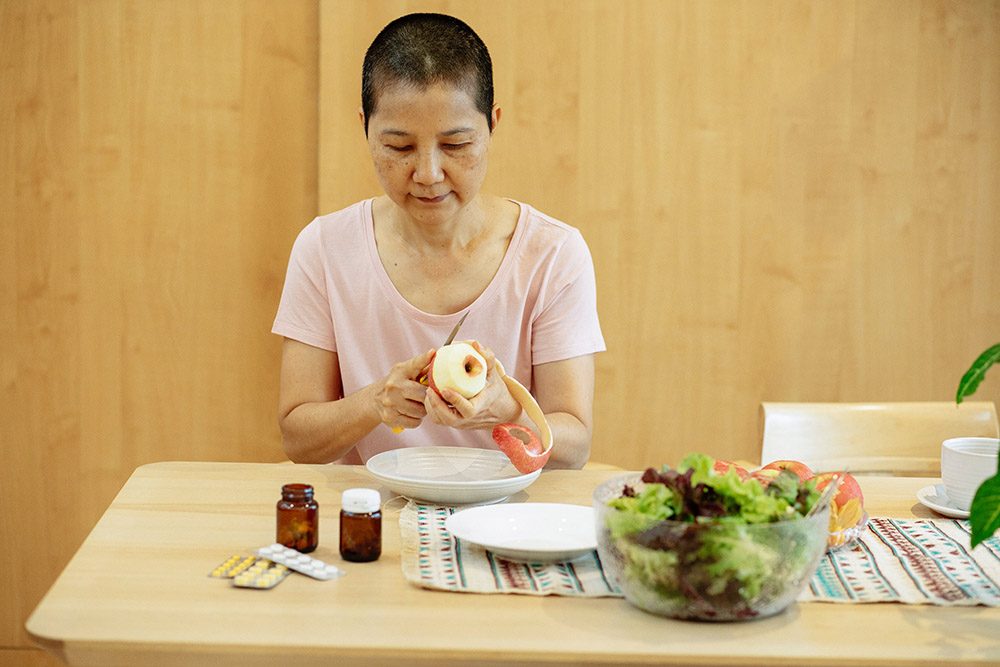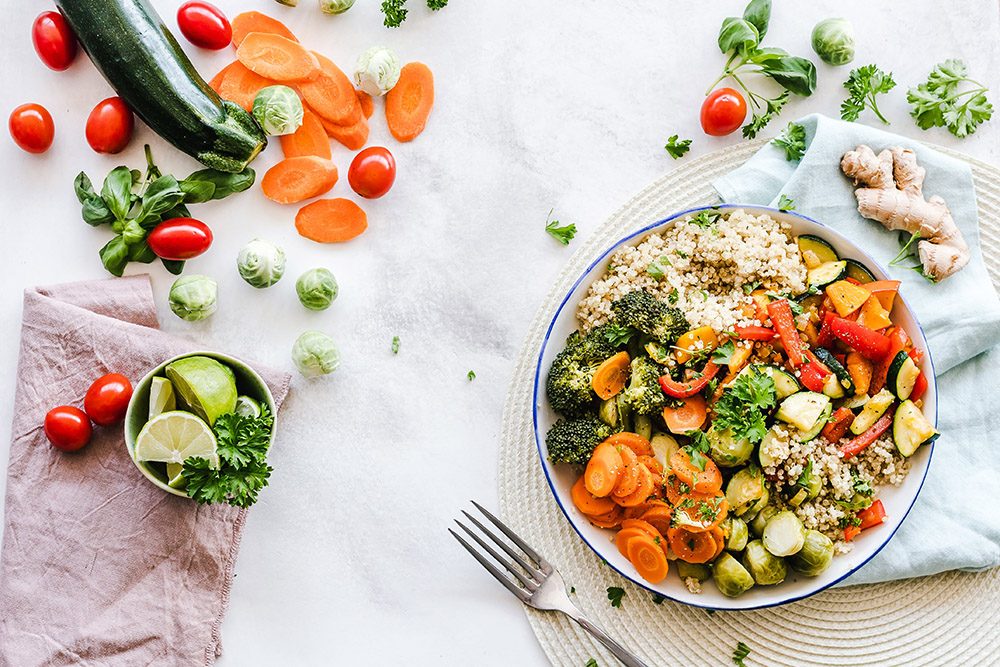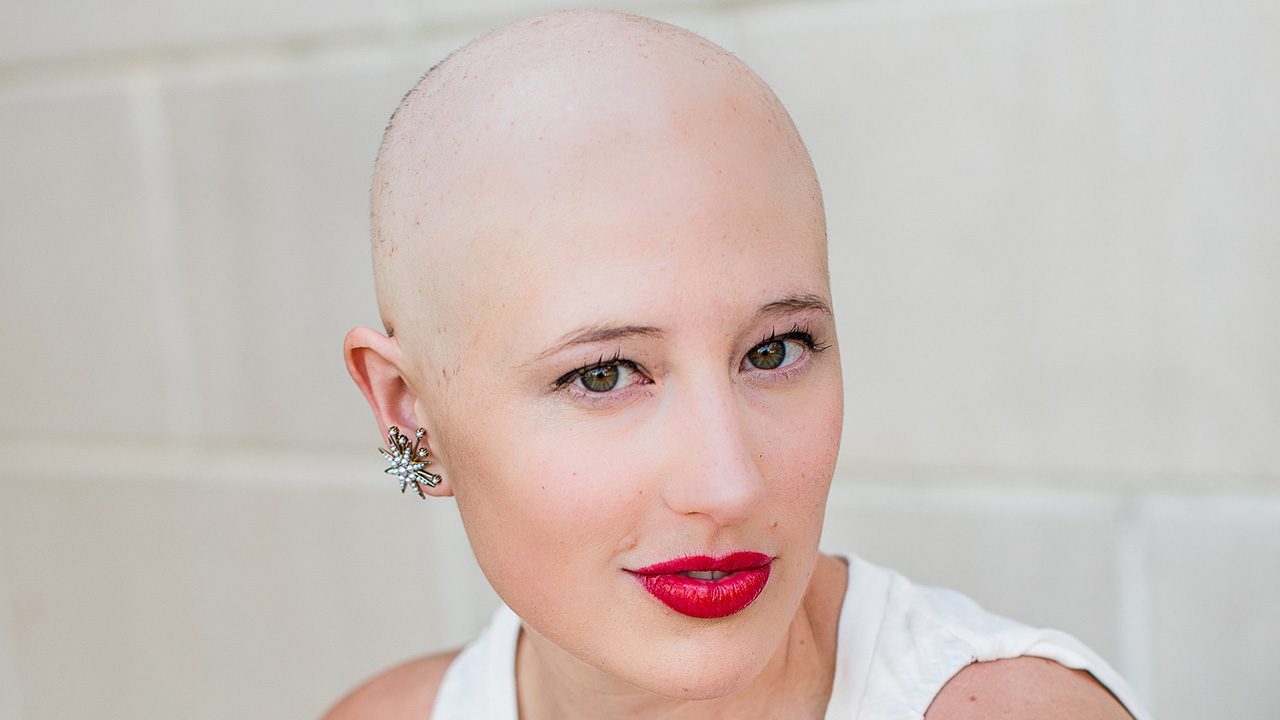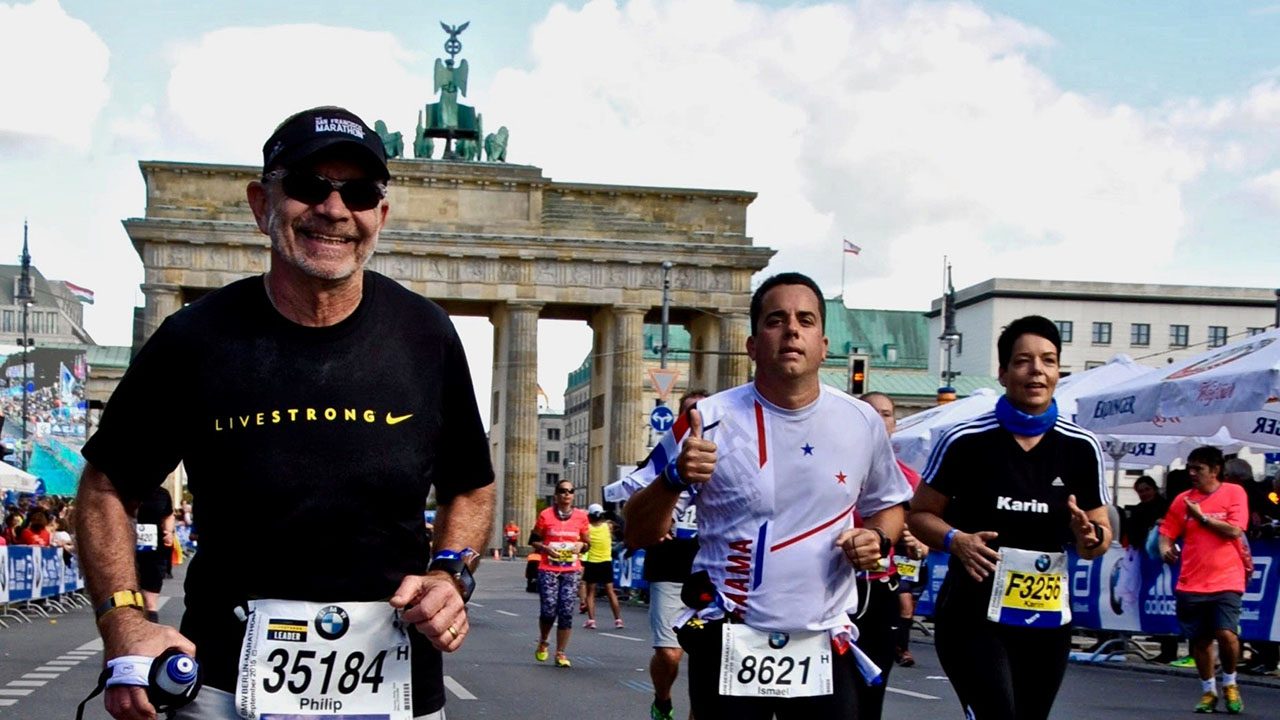The Role of Lifestyle Across the Cancer Care Continuum


At the Future of Cancer Care Summit, we discussed nutrition and exercise along the entire cancer care continuum, from before diagnosis, through treatment, into survivorship, and through the end of life. Below are five themes that emerged consistently from that discussion as helpful tips for people across the continuum.
1. Health > the scale.
At our Livestrong Challenge, we watch every type of body come across the finish line. All bodies are different, and weight does not dictate health.
If you want to track something, track your number of active minutes per week or your time to complete a certain course under certain conditions (don’t expect to go the same speed when it’s 100 degrees out as when it’s 60!). And remember that all of these metrics will fluctuate day to day, so be patient and kind with your body.
2. Don’t focus on taking things out of your diet. Focus on adding good things in.
It is possible to be malnourished at any BMI, so be sure you’re giving your body all of the nutrients it needs. Fiber is helpful at every step along the cancer care continuum: it reduces our risk of contracting several cancers, it improves the efficacy of several treatments, and it reduces the risk of secondary cancers. Start your meals with a rainbow of fruits, vegetables and grains — this slows the digestion of the rest of your food which improves the efficiency of your digestion so that you get all of the nutrients from your food. Most Americans get plenty of protein, but if you are vegan during cancer treatment, you might consider making an appointment with a nutritionist to discuss whether you might need to supplement your intake of protein or any other nutrient.

3. Be a friend. Bring a friend.
Exercise helps all of us — and it takes surprisingly little to help. A five-minute walk provides endorphins which fight anxiety and depression. It can be tough to remember to make time for exercise, so creating accountability through an exercise buddy can be beneficial. When a loved one is diagnosed with cancer, many of us are unsure how to help. Being an exercise buddy — even a remote one! — may be a way. Upbeat messages like, “I’m about to walk around the block over here — are you up to joining me for a virtual stroll?” might be a way to encourage a friend who might not otherwise include exercise in their day. Patients who make the time to remain active during treatment see far better outcomes than those who do not.

4. Pandiculate.
Exerkines, the mood-boosting chemicals that are released by exercise, are generated by the movement of skeletal muscle — and the best way to move those is to move your body in ways it’s not usually moved. Pandiculating is the kind of stretching we do automatically to release tension — like when we’re yawning and waking up — as opposed to the more organized or structured stretching of yoga or another formal program. Anyone can pandiculate simply by moving their body gently until they feel a stretch and holding that position for a breath or two, then releasing. A five-minute walk and a little pandiculating can be a great mid-afternoon pick-me-up!

5. We’re all human.
Research has now shown that there are a lot of different factors to a person’s cancer risk, and a lot of things we can each do to improve the effectiveness of our treatment if we are diagnosed. They are the same things we should do to reduce our risks of other diseases: reduce stress, eat a healthy diet, exercise, maintain good relationships, and get good sleep. Sometimes our lives get in the way, and as we enter the holiday season, there will be delicious temptations, late parties, and conflicting priorities (should I get good sleep or stay up late reconnecting with my loved ones?). So, go ahead and make the choice that will bring you joy — just try to have a salad tomorrow!

